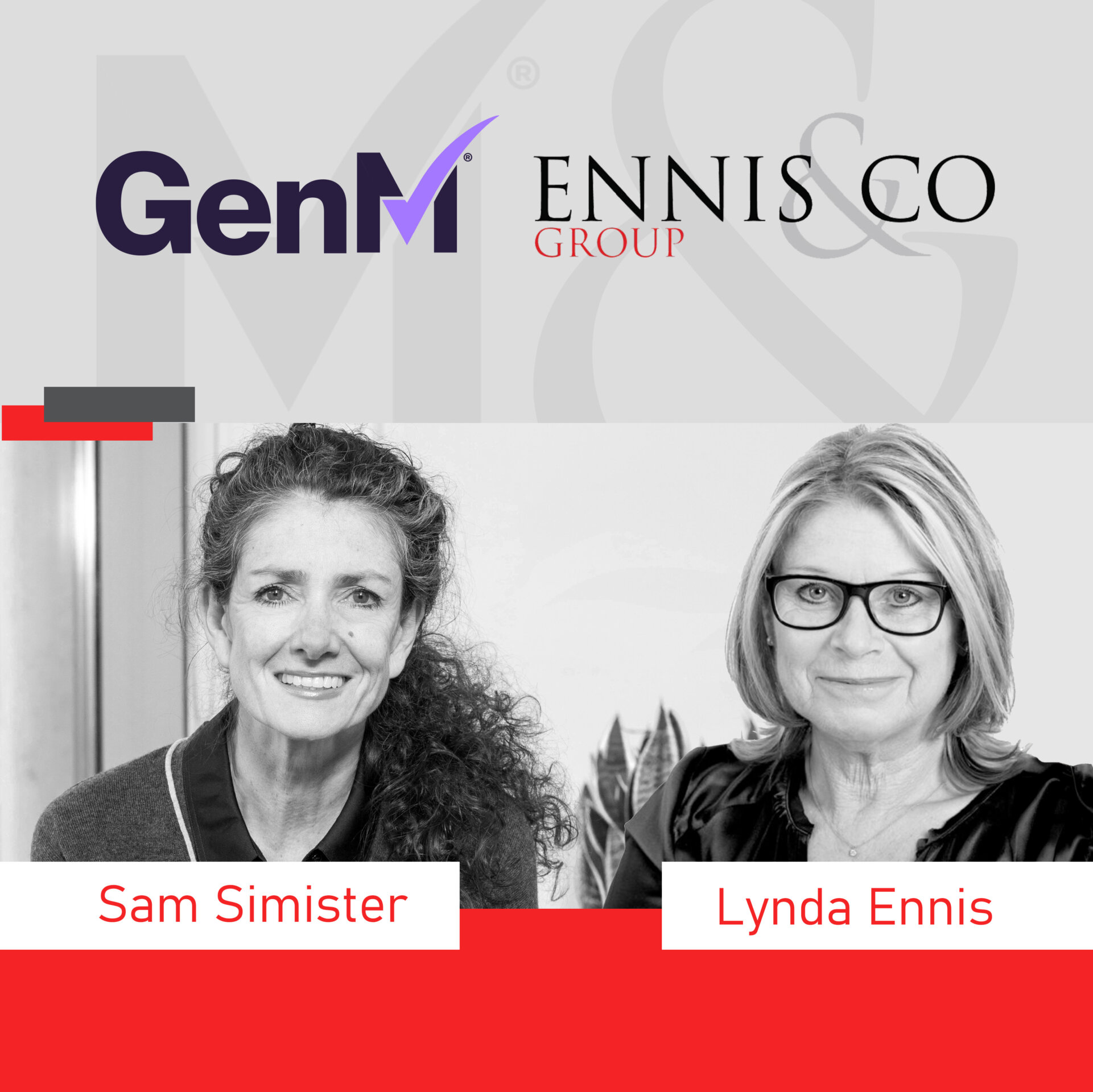Is ageism getting younger? It is a question I am putting out there because feedback I’ve received on my recent article about age discrimination in the recruitment market suggests, rather alarmingly, that it might be.
What I had thought was a problem for job-seekers in their fifties and older is, apparently, now being experienced by some candidates in their mid-to-late forties – a worrying trend at a time when the UK population is getting older.
Could it be that ageism is becoming even more pervasive, despite the progress we have made in other areas of the diversity and inclusion agenda?
As some of you have pointed out, the issue is really a societal one rather than being specific to recruitment and involves entrenched attitudes towards youth and growing older.
But for a mature candidate who is suddenly unable to land job interviews after a hitherto smooth and successful career journey, it’s hard not to take it personally.
Frustration, bewilderment and ultimately loss of self-esteem are reactions that I have encountered all too frequently when coaching mature candidates caught up in the process. The temptation is for them is to lower their career ambitions, or even give up job-hunting altogether and head into early retirement.
But it doesn’t have to be like that.
As the founder of Ennis & Co, an executive search company for the automotive industry, I’ve prepared countless mature candidates to help them secure senior executive positions.
Based on my experiences, here are five practical things you can do to tackle ageism head on and really enhance your employment prospects:
- Don’t mention your 25 or 30 years of experience at the top of your CV. That might sound like pandering to ageist prejudices but you need to get yourself through the front door before you can deliver your sales pitch.
Your experience is probably something the hiring company want to buy, but expressing it as a black-and-white number in your opening sentence could send it straight to the rejections pile.
Instead, use your CV to control the narrative of your experience. Talk about it lower down and in the right way – not as a simple number but related to your achievements (e.g. ‘I delivered this result in this year’ or ‘I delivered that result during a recession’).
It’s saying exactly the same thing, but it changes the narrative. It’s no longer about age but about performance and driving results.
- Be proactive and don’t just wait for job adverts to appear. Instead, use all your strategic experience to get on the front foot.
Ageism is baked into the recruitment process through the widespread use of online application portals, which disadvantage those older candidates who are more comfortable with interacting directly.
So, get ahead of the game. Think carefully about how far you are prepared to travel to work and then do your due diligence on suitable companies where you think you can add value.
Research the chief executive, who may be someone you have a connection with. Look at the company’s performance as well as its recruitment activity.
Then write to them, but don’t just say ‘I want a job’. Write and say, ‘I know your organisation is keen to support certain things or is involved in certain initiatives. My skills and experience can add value to this and here is the evidence’.
So, you make it specific, and you show them that you have gone that extra mile in terms of your preparation. You have been strategic and proactive. You’ve sold yourself and made yourself stand out from the crowd.
Of course, there is no guarantee that this will lead to an appointment, but you stand a better chance than if you make a standard application via the portal.
- Use your network. When you find yourself looking for a job your later life, the relationships and contacts you have made can be one of your most powerful tools.
Don’t just think about your closest or most immediate contacts. Take a broad perspective and really think hard about all the many connections you have made over your lifetime – professional and personal. It may be quite a few years since you have had contact with some of them, but now is the time to rekindle relationships.
You’ll soon find out who your real friends are. Not everyone will be supportive but keep at it. There will be people out there who will be happy to open doors or point you in the right direction.
I really do believe that people don’t network properly and cleverly enough but I have learned through my own experience how important it is.
At Ennis & Co, for example, I have used my personal and professional networks to hire automotive industry and communications experts whom I have known for years – one since childhood! It’s all about who you know.
- If you are looking to work with a recruitment company or head-hunters, make sure you choose them wisely.
If you have used a company in the past to look for your own staff, they should probably be your first point of call. Having a ready-made relationship with them should help you get their attention, though nothing is guaranteed, of course.
Failing that, try to get someone you know to recommend you as a candidate to the recruitment agency or head-hunters, just to separate you from the crowd.
A firm of head-hunters won’t always want to talk to you because they work on a strictly retained basis, putting all of their time and effort into working for their corporate clients. If they don’t have a suitable role that they are recruiting for you, they will probably want to end the conversation as quickly as possible.
Personally, I have always been against that. If a senior-level candidate gets in touch on spec, I will always try, where possible, to find time to talk to them about their ambitions and give them a steer about possible strategies, even if we don’t have an appropriate role. This could include advising them to contact a contingent (non-retained) recruitment company.
If you do your homework properly, you will get a better idea of the best and most efficient route to take. Look at the recruiters’ profiles, their areas of specialism and the level of seniority of the jobs they offer.
At Ennis & Co, for example, we recruit specifically for senior roles in the automotive sector. You’d be surprised how many candidates I have come across who haven’t even done that basic level of research.
- Be resilient. I know that is easier said than done when your efforts to find employment are constantly being rebuffed, but there are practical things you can do to get through the dark days.
Don’t just sit in isolation combing job sites. Seek out friends and try to surround yourself with people who have a positive, glass-half-full attitude to life.
And keep busy. There are only so many DIY projects you can do to keep yourself occupied, so think about some voluntary work or offer your services to a company for free. It could lead to employment and, importantly, it avoids any troubling gaps in your CV.
A lot of this is common sense but when you are experiencing rejection for the first time in your career, it’s easy to end up descending into a spiral, where you are unable to see the wood from the trees.
The important thing is not to give up. Do whatever you can to keep a positive outlook. You’ll need it when a job opportunity finally opens up.






